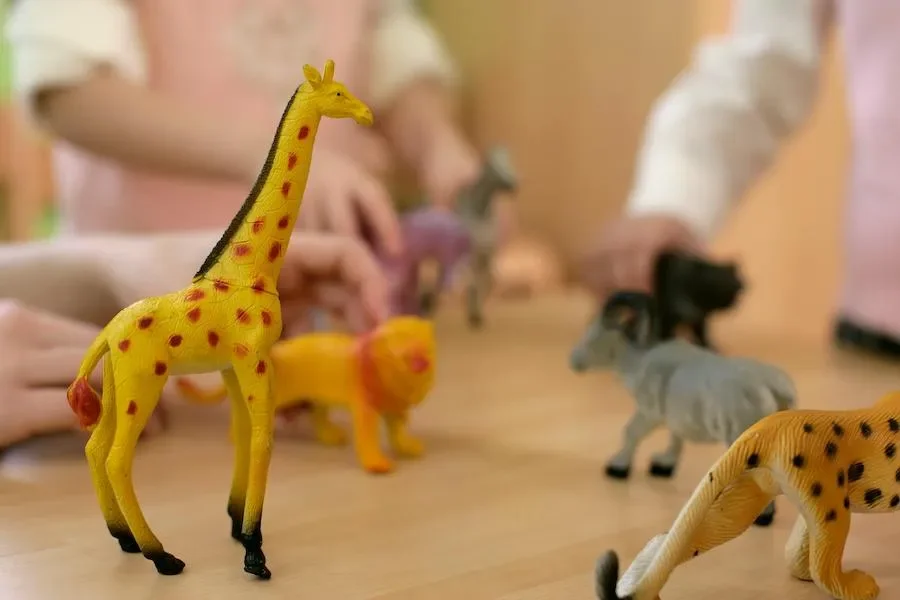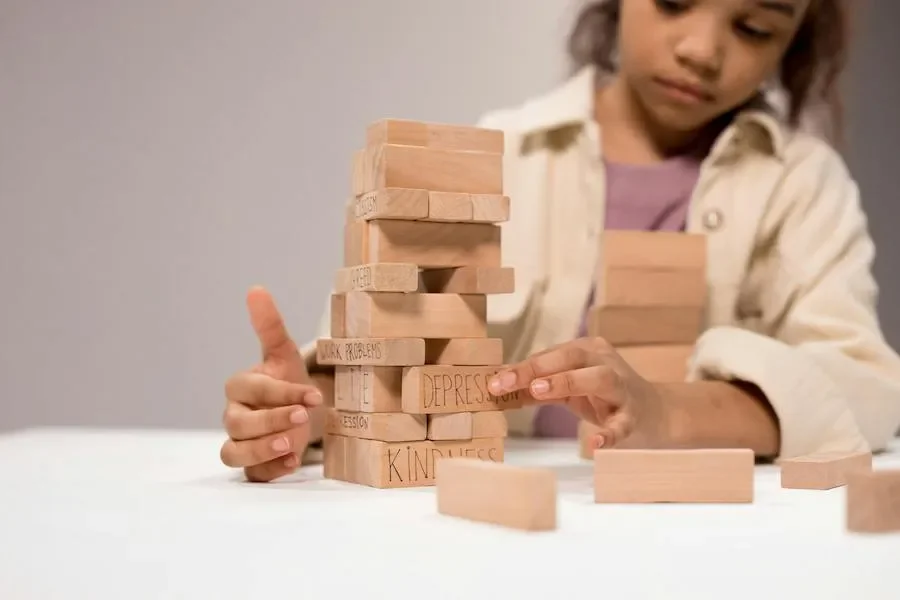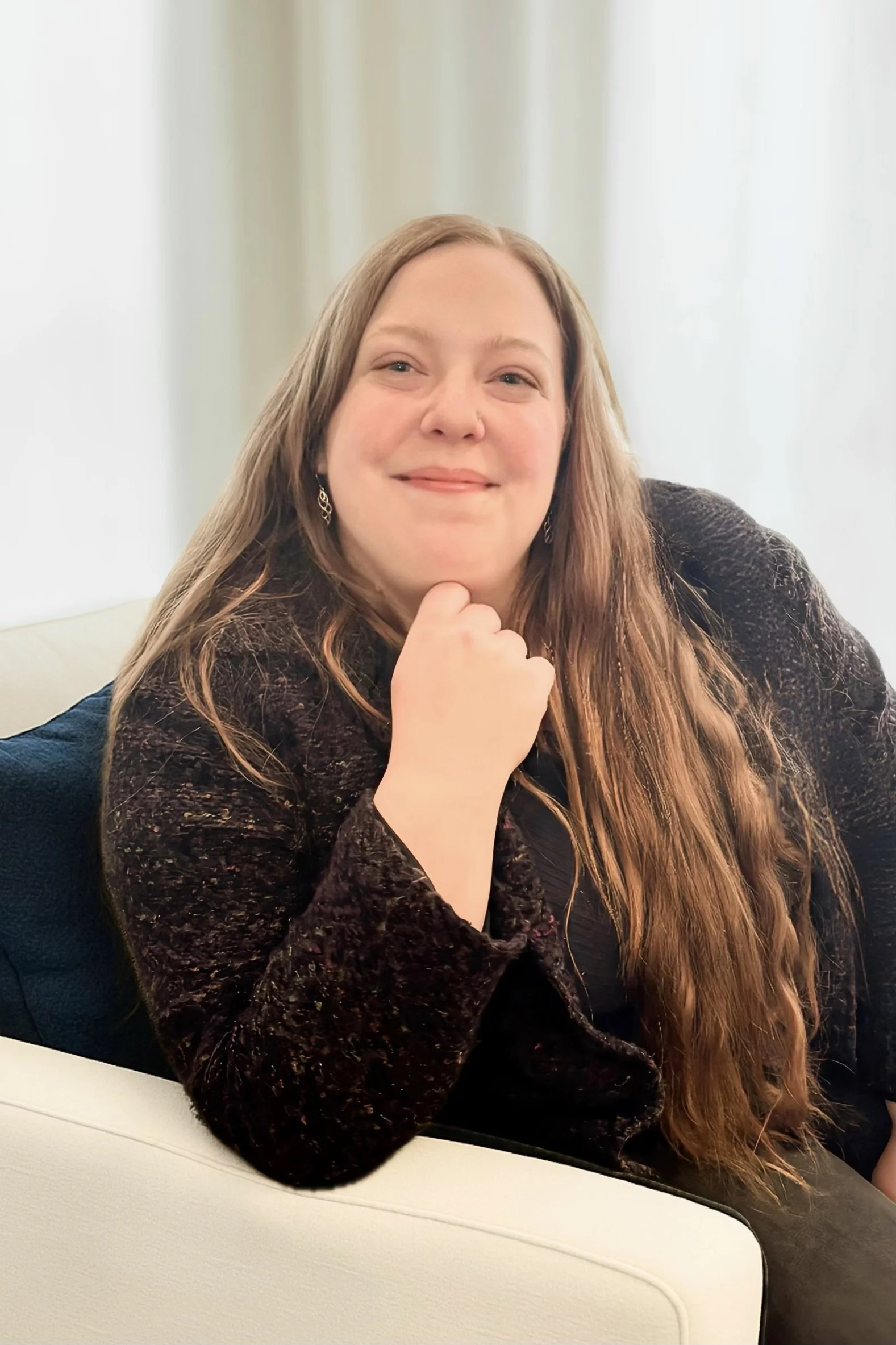Play Therapy
What Is Play Therapy And How Does It Work?
When a child is struggling with psychological, behavioral, or developmental issues, it can make daily life feel completely overwhelming—both for them and their family. Frequent meltdowns, unexplained irritability, social withdrawal, and emotional signs of anxiety or depression—it’s all too much for most parents to navigate on their own.
As a result, you probably spend a ton of time and energy trying to get your child to dress for school, do their homework, or go to bed. Despite your care and supervision, you may see them falling behind in academics or having trouble socializing or forming relationships.
Complaints, like stomach pains or headaches with no clear medical cause, leave you scratching your head in confusion. And because kids rarely have the ability to articulate or even understand their internal experiences, you can’t exactly expect them to tell you what’s wrong or what they need.
That’s where play therapy can be such a powerful resource for understanding and supporting your child. This unique, child-centered approach to therapy encourages kids to engage in play—the natural language of children—in order to facilitate exploration, discussion, and self-expression.
Why Should I Choose Play Therapy For My Child?
With adults, we can ask direct questions and rely on logic and reasoning to provide insight in therapy. However, with children, that process of exploration and self-expression requires us to get on their level instead of expecting them to rise to ours.
Play therapy does just that, using toys, games, physical play, sculpting, and sandtray art to achieve amazing things. In sessions, we’re able to build and practice new social and language skills. We can provide healthier coping strategies for regulating complicated thoughts, feelings, and behaviors.
Plus, this approach gives your child a space for processing and healing from painful experiences, like trauma or grief and loss, in a way that doesn’t necessitate talking about it. Therapeutic play is super effective for addressing a variety of presenting concerns—and it offers your child a safe environment where they can truly feel comfortable with and even excited about seeing a therapist.
Who Can Therapeutic Play Help?
Our play therapists at Key Counseling Group come from diverse backgrounds with specializations in numerous areas. Many of the children we see are struggling with anxiety, depression, emotional regulation issues, or difficult life transitions. We have play therapists who focus on helping children navigate trauma, separation and divorce, or grief and loss—and others who specialize in treating ADHD, Anxiety, and Autism Spectrum Disorder (ASD).
In terms of how play therapy sessions work, every clinician has their own way of structuring their treatment plans. We’ll start with a consultation to match your child with a therapist who will fit their needs. That’s followed up by an initial intake session with you to get your perspective on the situation. From there, we typically meet with the child exclusively.
Involving parents and family is essential to the therapeutic process, so we’ll always work to keep you informed. Some therapists will provide a wrap-up after sessions, detailing the challenges and strategies they’re working on in session so parents can continue practicing those skills at home with their child. Other clinicians may send an email or call periodically to update caregivers on progress and areas of growth—or to provide coaching and invite parents to share their concerns.
What Can Your Child Expect From A Therapeutic Play Session?
To get started, your therapist will gently explore your child’s emotions, thoughts, and behaviors through play-based and expressive activities that feel natural and safe. Some general objectives we’ll focus on include building emotional awareness, self-regulation skills, and healthy ways to express feelings.
We’ll also work on enhancing emotional resilience, building stronger social skills, and improving your child’s overall well-being to help them thrive in daily life. Ultimately, we want to equip kids with knowledge, insight, and life skills that they can draw upon and carry with them throughout their lives.
In some instances, we may engage parents or caregivers to better understand family dynamics and optimize support strategies used at home. Because each family has different concerns and expectations for therapy, we’ll actively collaborate with you and the client to set long-term goals based on your child’s unique needs, their developmental level, and your family’s priorities.
A Few Of The Strategies We Use To Complement Play Therapy
Each of our therapists at Key Counseling Group approaches this modality in their own way. Some of us are person-centered and look at the whole of a child’s experiences while others are solution-focused, helping kids find quick fixes to specific concerns. We also have clinicians who draw from Applied Behavioral Analysis (ABA) techniques for treating ASD in children.
However, we all practice Trauma-Focused Cognitive Behavioral Therapy (TF-CBT) and Dialectical Behavioral Therapy (DBT). These two evidence-based approaches help kids develop practical emotional regulation skills, mindfulness techniques, and coping strategies for better managing anxiety, frustration, and overwhelming feelings.
In the process, children are able to practice distress tolerance, improve communication, and learn how to identify and reframe negative thoughts weighing them down. Therapeutic play techniques make these concepts from CBT and DBT accessible and engaging, helping kids apply what they learn in session to everyday situations with greater confidence and resilience.
What You Are Going Through Is Real
We understand that this can be a confusing, disempowering time, but with the right support, positive change is absolutely possible. Play therapy creates a safe space where your child can build confidence, express feelings they may not yet have words for, and develop healthy coping skills that can last a lifetime.
With patience, guidance, and connection, your child can learn to manage their emotions, improve their relationships, and thrive both at home and in school.
Why Did We Decide To Offer Play Therapy?
The founder of Key Counseling Group, Michelle Hession, came from a social work background, which naturally involved working with kids and families. She was also a social worker in the school system for years, so it felt natural to introduce play—the native language of children—into therapy as a way to support children, young people, their parents, and families as a system.
Although we don’t have any psychiatrists on staff, as a holistic practice, we’re happy to collaborate with medical and mental health providers to make sure kids are getting the most out of treatment. If you’d like help finding a psychiatrist, we have strong partnerships with other practices we can refer you to. We can also help your child gain access to additional resources for support, such as school accommodations, if needed.
Parenting Can Be A Rewarding Experience Once Again
If your head is spinning from trying to figure out how to connect with and support your child, our play therapists at Key Counseling Group can offer you insight and solutions. We invite you to call 678-400-9477 for your free, 20-minute consultation and discover more about how we can help your child learn to thrive.
Key Counseling Group offers online and in-person play therapy services for children of all ages in Atlanta, Roswell, Decatur, and throughout Georgia.
Contact Us Today:
Recent Posts
Play Therapy in
Poncey-Highland
675 Seminole Ave NE STE 111,
Atlanta, GA 30307
Play Therapy in
Virginia-Highland
600 Virginia Ave NE 2nd Floor, STE 2, Atlanta, GA 30306
Play Therapy in
Decatur, GA
321 W Hill St., STE 9,
Decatur, GA 30030
Play Therapy in
Roswell, GA
2002 Macy Dr,
Roswell, GA 30076











